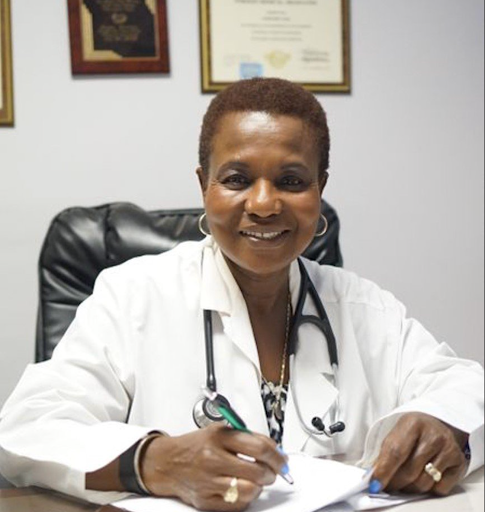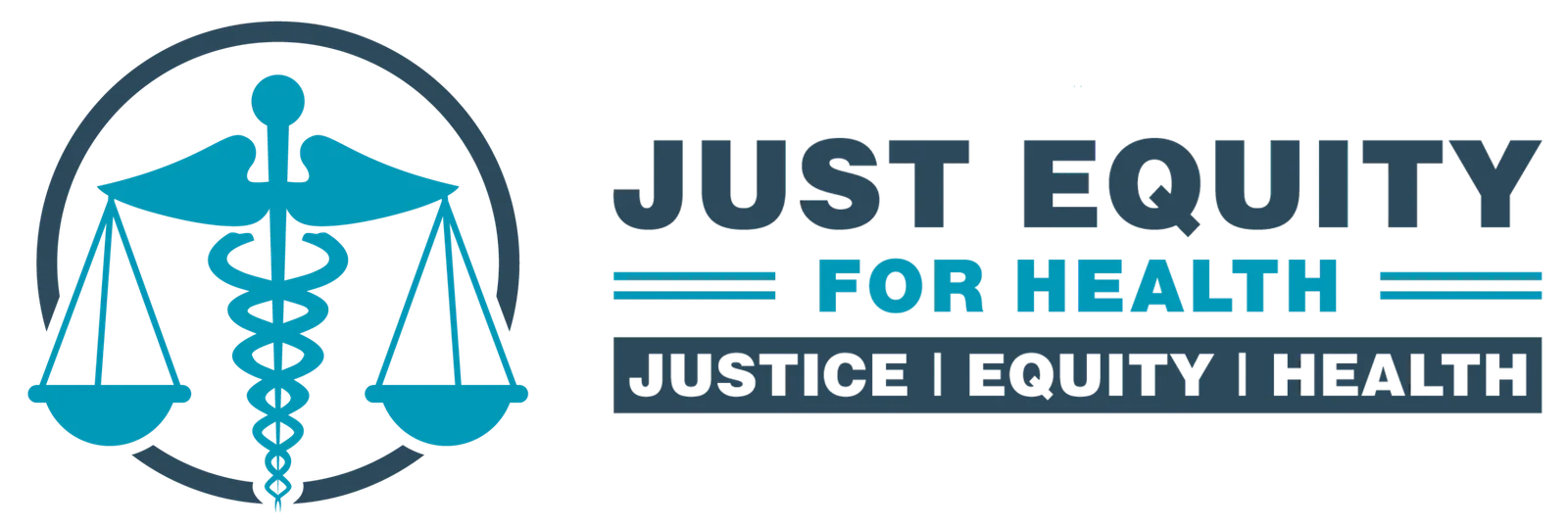
The importance of pediatricians cannot be overstated. Research suggests that children living in regions that have a strong network of pediatric medical centers typically have better healthcare outcomes. Healthy childhood makes healthy adulthood much more feasible, with pediatricians as a cornerstone of wellness for children and adolescents. It’s unlikely to surprise you that many, if not most, urban and rural populations face barriers to accessing quality medical care for children, or any care for that matter. While health practitioners contend with a violently shifting legal landscape, and the cost of everything rises, Dr. Margaret Safo promulgates a crusade of care for children.
In one respect, Dr. Safo’s journey to becoming a doctor was unexpected.
“How did you become a doctor?” she was once asked by an exasperated prospective patient. “…I went to school.” She’d responded, laughing at the memory. Dr. Safo had been minimally fazed by what must have been a lengthy list of unflattering assumptions. The doctor had already beaten a number of odds: in most cases, a young woman born the tenth of eleven children in the Ghanaian village of Banko does not find herself in medical school.
Originally an aspiring teacher, Dr. Safo was inspired by friends who were passionate about medicine. After completing her studies at the prestigious Wesley Girls’ Secondary School, Dr. Safo became one of the six women admitted to the University of Ghana Medical School. After a stint in Nigeria with her husband, two sons, and new baby daughter, the Safos moved to the US, eventually settling in Brooklyn, New York. She opened a private practice in 1994, saying “I felt drawn to help Black communities…the work is tough. It’s tough, but rewarding.”
Dr. Safo recounts a number of colorful, if not downright rude and disruptive patients, following by explaining that it’s important to prioritize compassion. Patients poured in after she closed her private practice in Brooklyn to team up with an OBGyn in Far Rockaway, and Dr. Safo became a locally trusted physician who advocated for patients’ best interests.
Dr. Safo regularly encounters deep misunderstandings of the purpose and function of vaccines. “I am deeply passionate about immunizations,” she explained. “And I keep telling my patients that when I had my [nine-month-old] son, and I had to take him home to the village, I traveled 100 miles with a measles vaccine, on ice, to bring to him.” Dr. Safo recalls, in frustration, the range of strange suppositions, conspiracy theories, and baseless concerns coming from much of her patient base. It was hard for her to stop laughing when a patient once suggested that receiving his COVID vaccine would implant a surveillance-type microchip that was specially targeted for Black people. Dr. Safo couldn’t understand why the patient would think that anyone would have time for such a thing, but the interaction was hardly abnormal, unfortunately.
“I am an advocate for vaccines,” Dr. Safo says, “and the COVID-19 pandemic really changed what people thought about vaccines. [Now, any shots come with scrutiny.] I asked a young mother if she’d gotten her infant the Hepatitis A vaccine. She told me, ‘no, because my baby isn’t sexually active.’ I have to tell her that this treatment is to ensure that the baby’s immune system has everything that it needs to develop properly, this is not a treatment for STDs.”
Given the history of the use of Black bodies in medical ‘experimentation’, which was often simply torture, physicians of color are typically equipped with the necessary cultural understanding to reach communities that are justifiably wary of authority figures with medical degrees. Dr. Safo’s mention of the loud reality of the shift in perceptions of vaccines has been deeply researched, with data proving her human point.
Given the enormous impact that access to quality care provides, one of Dr. Safo’s most powerful tools is her conscientious effort to treat everyone who comes to her with respect and love. This, in turn, is how she’s been able to earn the trust and respect of her patients, and wider community, further enabling her to push for treatments that benefit her patients.
“The good news is that most of the people who come to my office, they heard from someone, ‘This doctor, she’ll treat you like a human being: good.’ When they come, I am honest with them, I don’t try to hide anything…I help Black people, people from the Caribbean, Hispanic people, Russian people, Jewish people – I treat everyone the same.”
From little things like making medical records accessible to patients online to loving patients through the transition to a new office, Dr. Safo has continued to practice medicine since retiring years ago. She explains her deep investment in the future of the Far Rockaway, Queens community in words of advice for aspiring physicians: “See, you have to have love for it. People who go into medicine thinking that they are going to get rich end up disappointed. I came to Far Rockaway because the need was there. But I’m still working because I love these kids. When you see them, and see the love that they show, you understand.” Though this includes at least one young adult patient who refuses immunizations from anyone who is not Dr. Safo, the end result is an administered vaccination, and one more empty hospital bed.
Dr. Safo did not neglect to consider the future of children in her home country of Ghana: The Dr. Margaret Safo Scholarship Fund sends two children through secondary school every year.
“When you go into pediatrics, there isn’t alot of money in it, but there is great satisfaction for me because I love working with kids. I really, really love working with kids. That’s why I wanted to be a teacher.”
Alexandria Hicks is a writer of prose, healthcare, and advertising. Born and raised in Nashville, Tennessee, she’s lived in Los Angeles, California and Houston, Texas. She currently calls New York City home.

